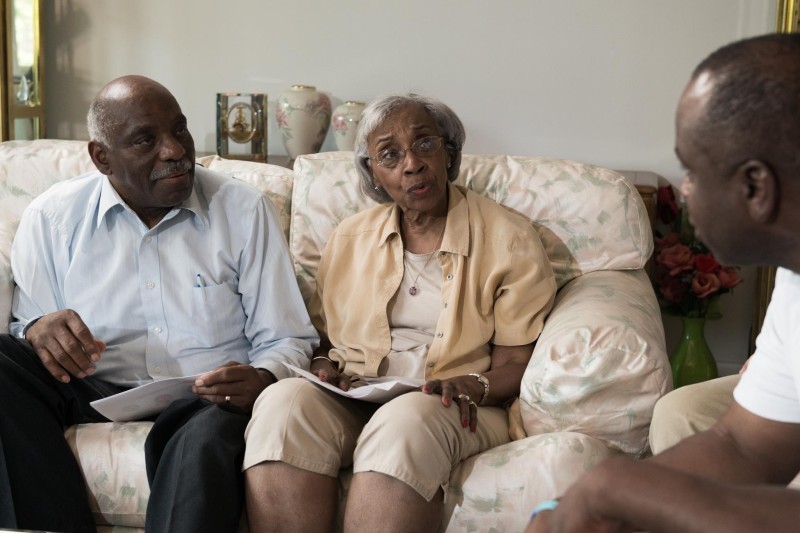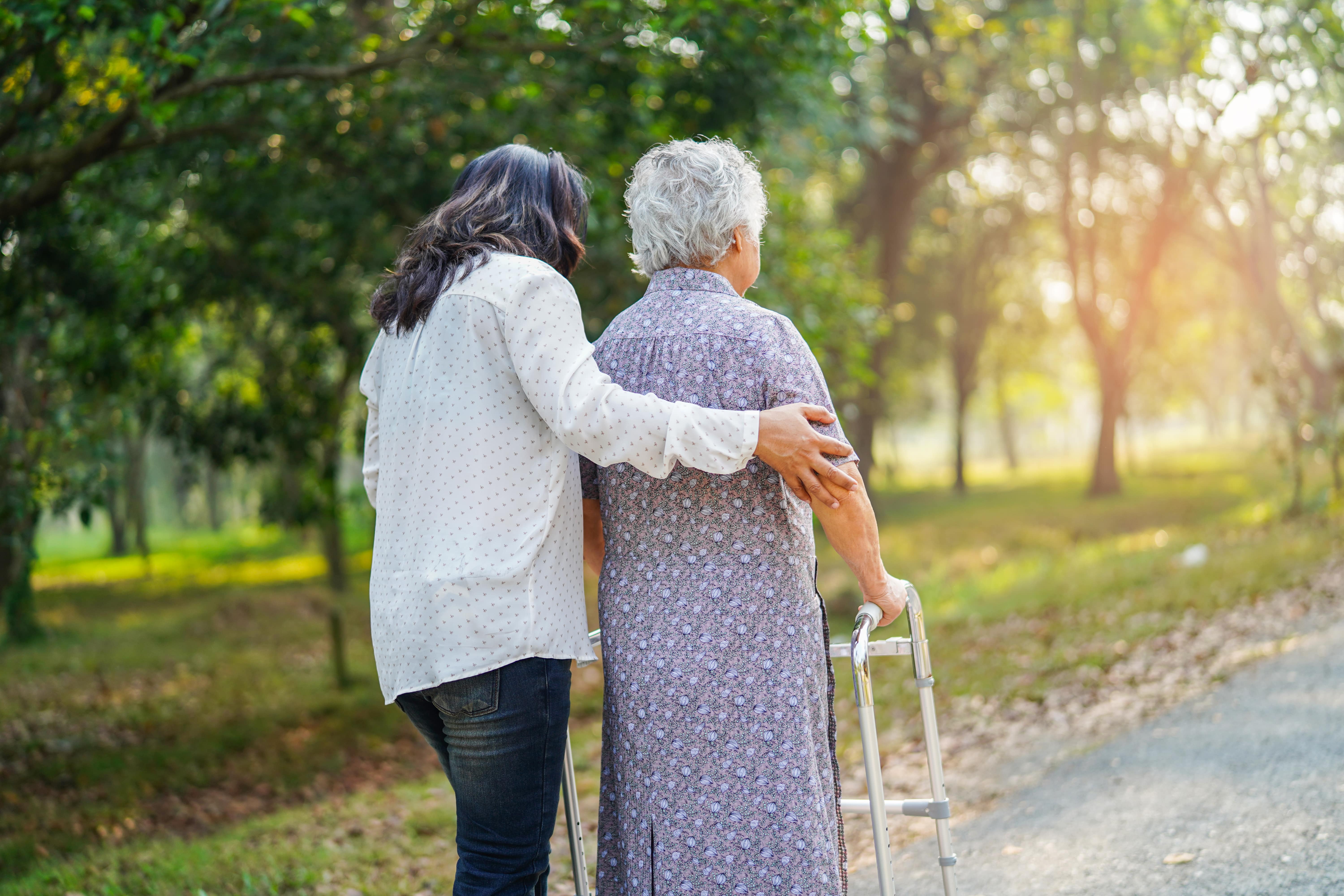Breadcrumb
- Home /
- Resources
Resources
Mobile Resource Library Tabs
Filters
Search
Categories Navigation
Asset Publisher
Resources

Understanding Different Types of Dementia
When most people hear the word “dementia,” one of the first things that comes to mind is “Alzheimer’s.” However, Alzheimer’s is just one cause of dementia, which is the umbrella term for decline in memory, thinking and reasoning skills that significantly impacts daily life. If a loved one is experiencing memory issues, Alzheimer’s could be a potential diagnosis, but there are four other common types of dementia that should also be considered: Lewy body, frontotemporal, vascular and mixed.
Read MoreBy Julie Hayes | 02/15/2021

Identifying Risks and Preventing Falls for Older Adults
Winter weather can be beautiful, but along with the picturesque snow comes the less ideal increase to falls caused by ice and slush. While falls can be dangerous for people of all ages, they are a particular risk to older loved ones. According to the CDC Injury Center, around 25 percent of adults aged 65 and over will experience a fall over the course of a year. These falls are the cause of more than 2.8 million injuries that require hospital treatment, such as hip fractures and traumatic brain injury, resulting in over 800,000 hospitalizations and more than 27,700 deaths annually.
Read MoreBy Julie Hayes | 02/15/2021

When Parents Weren’t There For You: What Are Your Responsibilities?
There is a tie that binds the adult child to their parent, be it a sense of loyalty, duty or compassion. So how does the adult child provide care for their aging parent after this type of childhood? If you are in this situation, you may wonder if you should find it within yourself to take on the role of caregiver. But if you do, what will that role look like?
Read MoreBy Lauri Scharf | 02/15/2021

Self-Esteem Boosting Tips for Older Adults
Self-esteem is a person’s evaluation of their own worth. Simply put, it is what someone thinks of themself, whether positive or negative. Our concept of self-esteem begins in early childhood and is formed by the image we build for ourselves through experiences with people and different situations. The things we experience as a child initially form a foundation in shaping our self-esteem. Successes; failures; and how we are treated by members of our families, teachers, religious authorities, friends, etc., contribute to a basic sense of self.
Read MoreBy Tamar Cooper | 02/15/2021

It's Okay to Feel: The Emotional Side of Caregiving
Let’s get real about the emotional side of caregiving. As a caregiver you may feel many different emotions: stress, fear, anger, resentment, joy. It’s important to remember that your feelings are valid and important, whether they’re good or bad feelings. This webinar will offer tips on coping with the various emotions you may face as a caregiver.
WatchBy Lisa Weitzman | 02/03/2021
